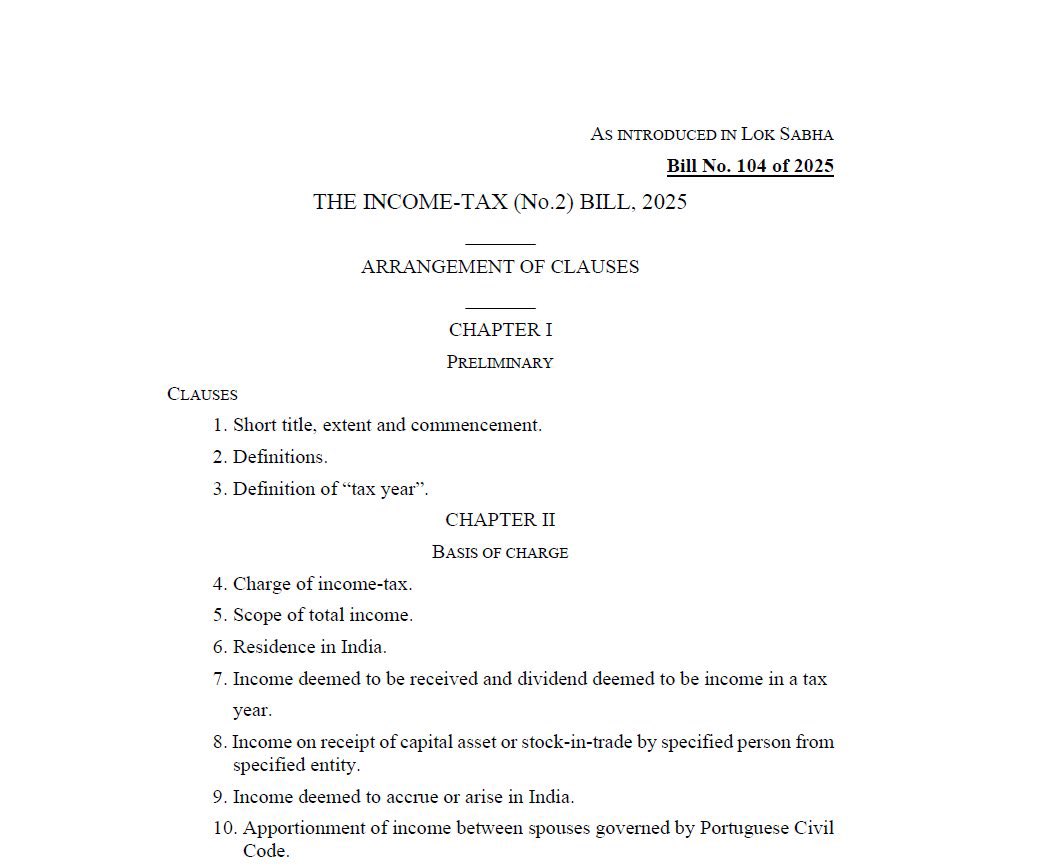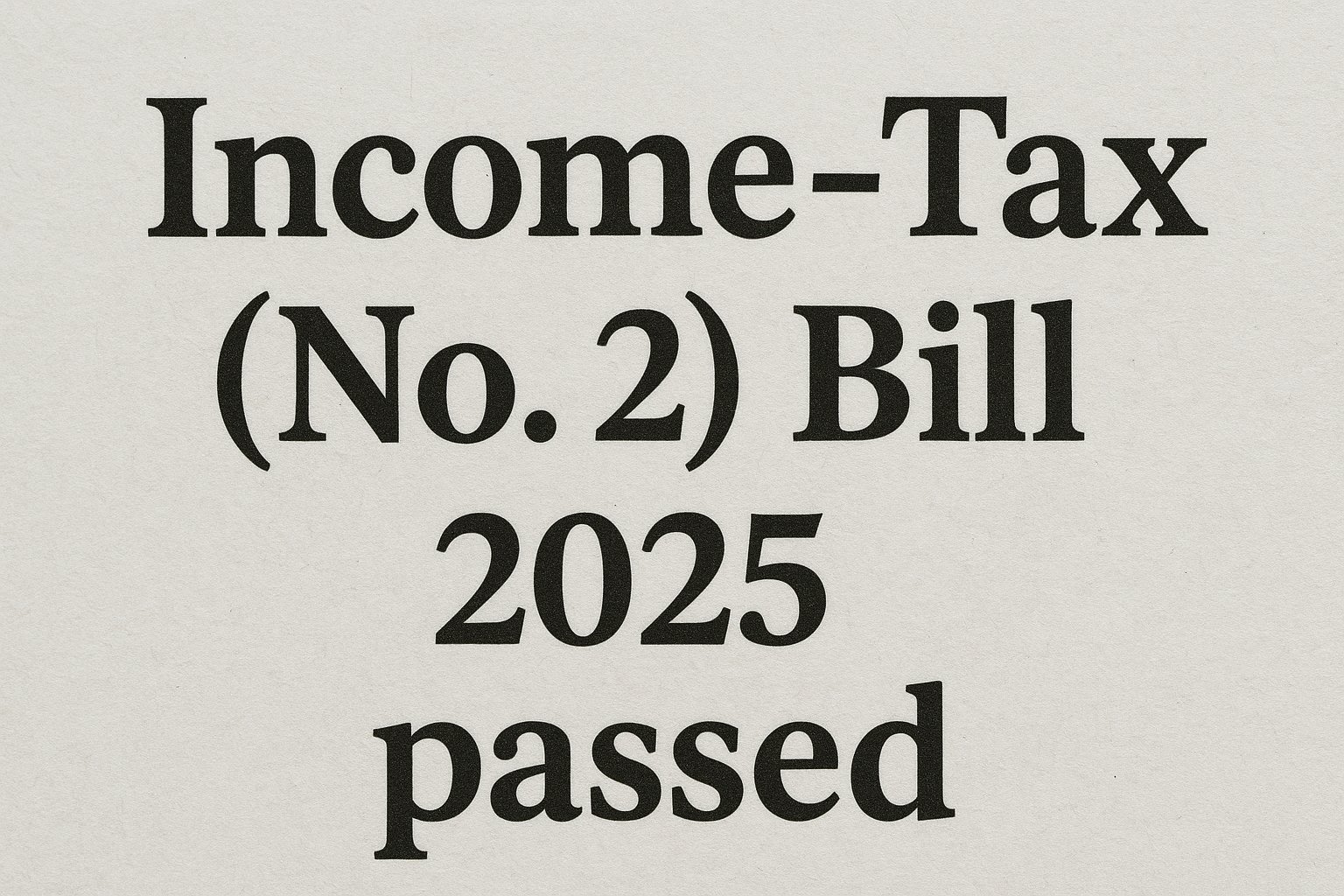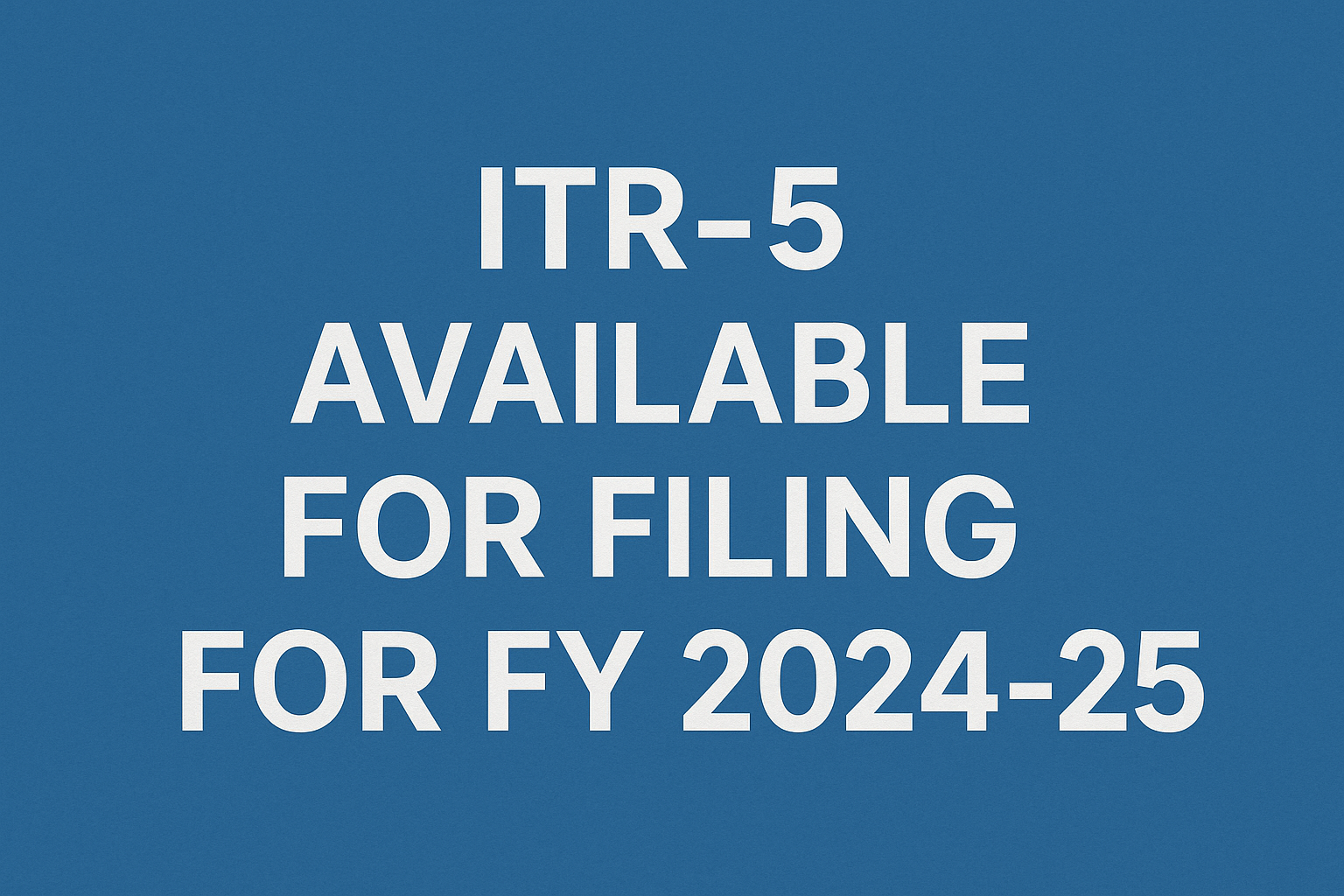Under Section 139(1) of the Income Tax Act, every person, including individuals, Hindu Undivided Families (HUFs), companies, and firms, is required to file an Income Tax Return (ITR). However, for individuals and HUFs, if the total income is less than the basic exemption limit, they are not mandated to file an ITR. Despite this, there are specific conditions under which filing an ITR becomes mandatory even if the income falls below the exemption limit. Conversely, there are scenarios where individuals may be exempt from filing an ITR themselves. In this article, we will cover who is required to file an ITR and who is exempt from filing an ITR.
Mandatory ITR Filing Even if income is zero:
- Bank Deposits of More than ₹50 Lakhs
- If the annual savings bank deposit of an individual in one or more accounts exceeds ₹50 lakhs, they must file an ITR.
- Current Account Deposits of More than ₹1 Crore
- If an individual deposits ₹1 crore or more in one or more current accounts during the financial year, they are required to file an ITR.
- Annual Sales Turnover Above ₹60 Lakhs
- Individuals having an annual sales turnover of more than ₹60 lakhs must file an ITR.
- Professional Income Above ₹10 Lakhs
- If the professional income exceeds ₹10 lakhs during a financial year, the individual must file an ITR.
- Electricity Bill Exceeding ₹1 Lakh
- If an individual’s electricity bill during the year exceeds ₹1 lakh, they are required to file an ITR.
- TDS/TCS Exceeding ₹25,000
- If the TDS/TCS of a person is more than ₹25,000, ITR filing is mandatory. For senior citizens, this threshold is ₹50,000.
- Income from Foreign Assets
- Individuals with an asset in a foreign country or those who are beneficiaries of an asset in a foreign country must file an ITR.
- Expenses on Foreign Travel
- If an individual spends ₹2 lakhs or more on foreign travel for themselves or another person during the financial year, they are required to file an ITR.
Watch Our Videos on ITR filing, click on the links below:
Who is Exempted from ITR Filing in India?
Section 194P, introduced in Budget 2021, provides conditional relief to citizens above 75 years of age from filing income tax returns. The exemption is subject to the following conditions:
- Age and Residency
- Senior citizens should be more than 75 years of age and should be ‘Resident’ in India in the previous year.
- Source of Income
- Income should be from interest and pension only, and the interest income must be from the same bank where they receive their pension.
- Declaration
- Senior citizens need to file a declaration with the specified bank providing certain details.
- Specified Bank
- The bank must be a specified bank as notified by the Central Government. These banks will deduct the TDS of senior citizens after considering the deductions and rebates, eliminating the need for these individuals to file income tax returns.
What is the Last Date to File ITR?
The last date for filing ITR is 31st July every year. However, if you miss the ITR filing due date, you can file a belated return before 31st December.
| Particulars | Due Date |
|---|---|
| ITR filing for individuals and entities not liable for tax audit | 31st July |
| ITR filing for taxpayers covered under the tax audit (other than transfer pricing cases) | 31st October |
| ITR filing for taxpayers covered under transfer pricing | 30th November |
| Due date for revised return/belated return of income | 31st December |
What if I Fail to File my ITR?
Failing to file an ITR by the due date can lead to several consequences:
- Late Filing Fees
- Late filing fees of up to ₹5,000 (for incomes above ₹5 lakhs) or ₹1,000 (for incomes below ₹5 lakhs) may be levied under Section 234F.
- Interest on Late Payment
- As per section 234A, the taxpayer has to pay interest at 1% for every month or part of the month thereof, starting from the date following the ITR filing due date (31st July).
- Carry Forward of Losses
- If you fail to file ITR on time, you will not be eligible to receive the benefit of carry forward of losses.
- Tax Evasion Penalties
- Non-filing of ITR can be seen as tax evasion by tax authorities, and you could face imprisonment for 6 months to 7 years.
You can contact team of Tax Experts to file Your ITR at 9150010300 or visit www.legalsahayak.com
Conclusion
Filing your Income Tax Return (ITR) is not only a legal obligation but also a crucial part of financial planning. Understanding who is required to file an ITR and the conditions under which it becomes mandatory can help you stay compliant and avoid penalties. If you are unsure about your requirement to file an ITR, it is always best to consult with a tax professional.
Visit www.cagurujiclasses.com for practical courses










